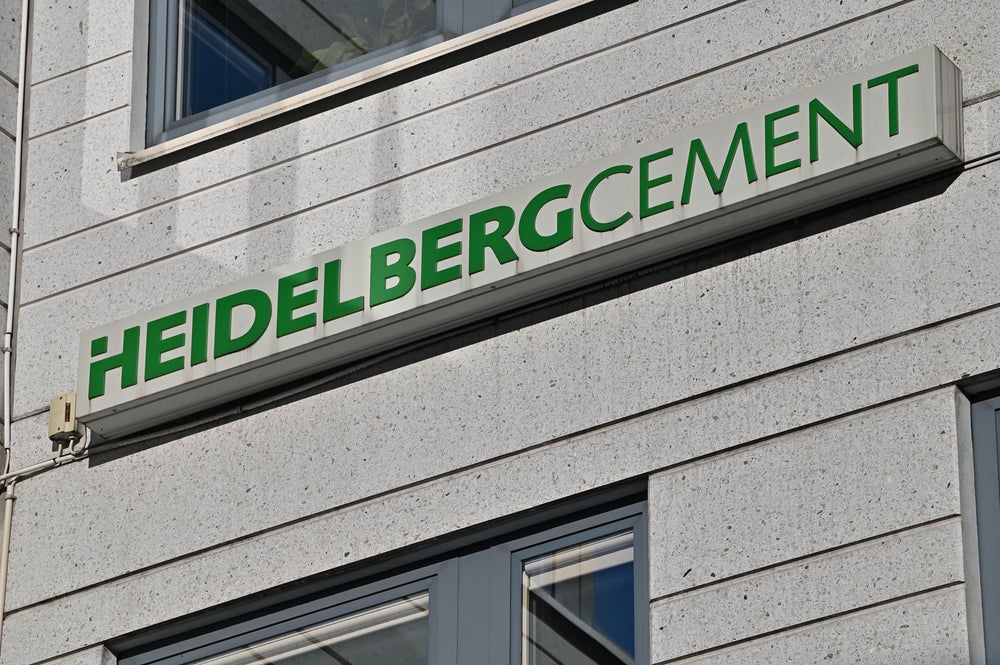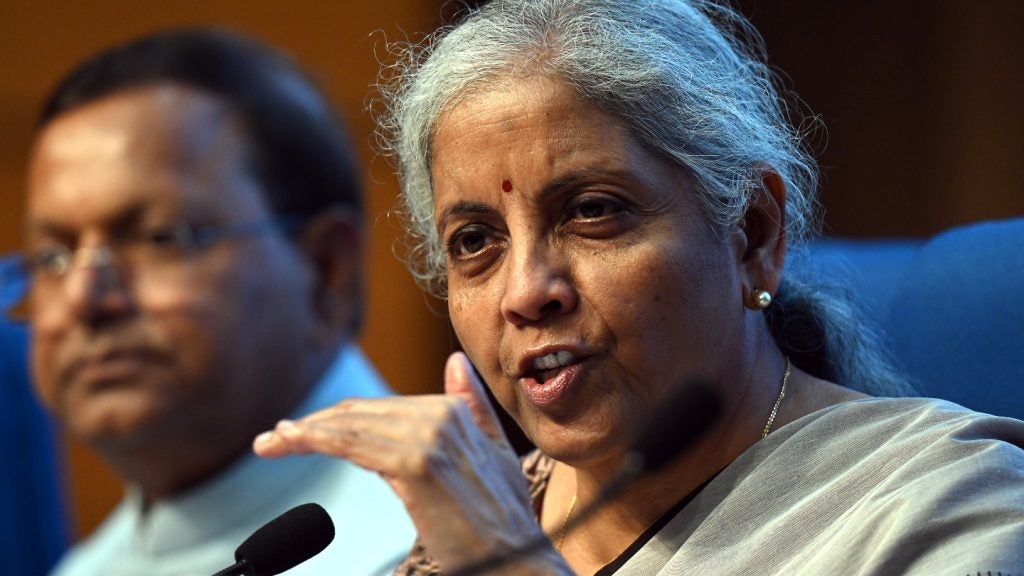
With the double impact of Covid-19 and Brexit, many cities and regions have turned the national lockdown period into a time of reflection, examining and then correcting.
Ian Brookfield, the leader of Wolverhampton City Council, says: “I think the city and its people have coped remarkably well. We’ve ensured that this focus on inward investments, employers and jobs has also been running along the same track as dealing with the emergencies. We can’t afford a year or two in hiatus.”
Wolves hungry for financial services and culture
After going through some tough years in the aftermath of the deindustrialisation in the UK in the 1970s and 1980s, Wolverhampton has developed an adaptability in its DNA. Alongside this, the city has also seen a rise in other sectors such financial services and the arts.
Jon Baty, head of strategic business development at the West Midlands Growth Company, says: “Financial services have started to move in and they're identifying that they can build really strong, deep middle-office functions [in Wolverhampton], and at a demonstrably more attractive cost point than anything in the south-east, and even in central Birmingham.”
We’re not Shakespeare and cricket in the park – we’re more grounded than that! Tim Johnson, Wolverhampton City Council
How well do you really know your competitors?
Access the most comprehensive Company Profiles on the market, powered by GlobalData. Save hours of research. Gain competitive edge.
 Company Profile – free sample
Company Profile – free sampleThank you!
Your download email will arrive shortly
Not ready to buy yet? Download a free sample
We are confident about the unique quality of our Company Profiles. However, we want you to make the most beneficial decision for your business, so we offer a free sample that you can download by submitting the below form
By GlobalData
Alongside this, Wolverhampton's cultural appeal has continued to improve, as Tim Johnson, CEO of Wolverhampton City Council, describes: “We’ve got a Premier League football club based right in the city centre. We very much determine ourselves as a ‘music city’. We have an iconic venue in Wolverhampton Civic Hall, which is undergoing a £40m refurbishment.”
Johnson adds that the appeal of Wolverhampton to tourists and residents alike is the authenticity of the city: “We’re not Shakespeare and cricket in the park – we’re more grounded than that!” This authenticity was on full show in the recent British comedy-drama Raised by Wolves, written by Wolverhampton-born Caitlin Moran and her sister Caroline, while the city has been home to successful musical acts such as Slade, Cornershop and Beverley Knight.
From metal bashing to advanced manufacturing
Since its industrial rise around the wool trade and coal mining, Wolverhampton has moved on to bring advanced engineering to sectors such as construction, aerospace, automotive and manufacturing.
We still have manufacturing – and a hell of a lot of small businesses manufacture here – but it’s levelled up. Aerospace and automotive are huge sectors for us. Ian Brookfield, Wolverhampton City Council
Brookfield says: “In the past five to ten years, Wolverhampton has started to steam ahead with some of its own new specialities. We still have manufacturing – and a hell of a lot of small businesses manufacture here – but it’s levelled up. Aerospace and automotive are huge sectors for us.”
Jaguar Land Rover and UTC Aerospace systems are just two of the big names that call the city home.
Baty details the intended direction of the city's industrial output: “Historically, to put it kind of crudely, Wolverhampton had an abundance of sort of relatively low-skilled, metal-bashing jobs. We still have that legacy, but the value and sophistication of that output has moved upward.”
There has been both good and bad news for Wolverhampton over the past 12 months. Jaguar Land Rover announced in February 2021 that its plans to go ‘all-electric’ by 2025 would not affect the job security of its employees in the West Midlands. However, in the midst of lockdown in June 2020, Collins Aerospace announced plans for 255 redundancies at its Wolverhampton sites.
Johnson explains that an important objective for the council is to ensure the people of Wolverhampton that it is working with those companies to give them “compelling reasons why they should stay and invest in Wolverhampton.”
He adds that despite the recent knockbacks, aerospace in particular is still a significant sector for Wolverhampton: “12% of the UK's aerospace industries are in Wolverhampton. I think it’s true that there isn't a plane in the sky that doesn't have bits made in Wolverhampton.”
Constructing a future
Another important sector for Wolverhampton and the wider region is construction, with the University of Wolverhampton injecting £120m into its new Springfield campus dedicated to the sector.
Professor Mohammed Arif, head of school for architecture and built environment and a professor of sustainability and construction futures at the University of Wolverhampton, explains: “The university has invested a lot of money in construction and infrastructure sector-related courses. The [five-hectare] Springfield Brewery was an abandoned site for almost 20 years before we bought it."
The comprehensive course choices at the university are designed to address the full life cycle of a building from conception to demolition.
This holistic approach extends to the community too. Arif says the university is keen to promote its student employability, most of whom are Wolverhampton natives. “Our entry point is slightly lower," he adds. "We take those students, work hard with them and make them 96.6% employable. We are quite proud of that.”
Alongside manifesting employability for Wolverhampton students, the council is careful to cultivate the relationship for investors. Johnson says: “We're very lucky to have a very progressive university in the city. One of our key strengths is the partnerships between the key institutions. We're very aligned on the city’s economic strategy.”
A good example of this alignment and ambition – particularly within the construction sector – is the building of the new £17.5m National Brownfield Institute (NBI), announced in December 2020.
Brookfield expands on what he hopes the legacy of NBI will be: "A home builder would normally have to factor in the costs of remediating poisonous land. We've taken the lead to use that obstacle as an opportunity, so we're looking at brownfield technology to do something different and better for our environment and our city."
Wolverhampton makes a connection
Wolverhampton places a huge importance on connectivity, be it physically, professionally and digitally. Transport links for the city are set to be boosted by the implementation of a new hub being put in place at Wolverhampton’s old railway station.
Wolverhampton plays a really key role within this broader concept of the region as a major hub for built environment, transport and infrastructure. Jon Baty, West Midlands Growth Company
Baty says: “The level of redevelopment, particularly around centralised transport infrastructure with the new station, is impressive, and [it makes for] much more of a warm and welcoming entrance to the city.”
Key transport links for the city include a cycle network, a well-connected bus system, a tram network that runs to Birmingham (where there is an international airport) alongside access to national rail travel.
Wolverhampton is also connecting more with its regional counterparts. Johnson says: “The three cities in the West Midlands [Wolverhampton, Birmingham and Coventry] play in some similar markets, but in slightly different ways. What we want to do is reinforce and advocate each others' offer.
“We all recognise that we're part of progressive region that is trying to present itself externally in a very different way. It’s about alignment of not just councils, but also our private sector.”
Supporting this business and city connectivity in Wolverhampton is a 5G network with accelerator hubs and full fibre broadband. The city is also poised to be more connected to the UK government with the implementation of the Ministry of Housing, Communities and Local Government's (MHCLG) new headquarters, announced in 2021. The office will be a base for 300 staff.
Baty says: “We have been working to understand and influence the agenda around civil service relocation out of the south-east for the best part of two years. Wolverhampton plays a really key role within this broader concept of the region as a major hub for built environment, transport and infrastructure.”
Wolvo wages top region
Quality of life makes up an important part of Wolverhampton's offering to investors, with wages sitting higher than the West Midlands average.
Brookfield highlights that it isn't just wages that are higher, it is the work life balance. "We do not suffer from rush hours and traffic jams, we get upset if we sit for five minutes," he says.
The city also has a slower population growth when compared with both the rest of the West Midlands, and the wider UK.
Brookfield says: "Our people are our biggest asset, they will go the extra mile for your business. It's in their DNA. It's the ethics of where we are and it has been there for hundreds of years."
The strategy laid out by Wolverhampton is ambitious but straightforward. It puts sustainability, connectivity and the people of the city at its heart. With the lasting impact of both Brexit and the Covid pandemic still to be seen, Wolverhampton is working hard to plot an optimistic economic strategy that will see it become a national leader in construction and innovative engineering, and remaining a city that strives to meet the needs and ambitions of its inhabitants.
For more of Investment Monitor’s coverage of the UK’s cities, read through our Future of British Cities series:
- Aberdeen
- Belfast
- Birmingham
- Bradford-Leeds
- Brighton
- Bristol
- Cardiff
- Coventry
- Dundee
- Edinburgh
- The East Midlands
- Glasgow
- Hull
- Kent
- Liverpool
- Manchester
- Newcastle and the North East
- Norwich
- Plymouth
- Portsmouth
- Reading
- Sheffield
- Southampton
- Stoke-on-Trent
- Swansea
- Wolverhampton







